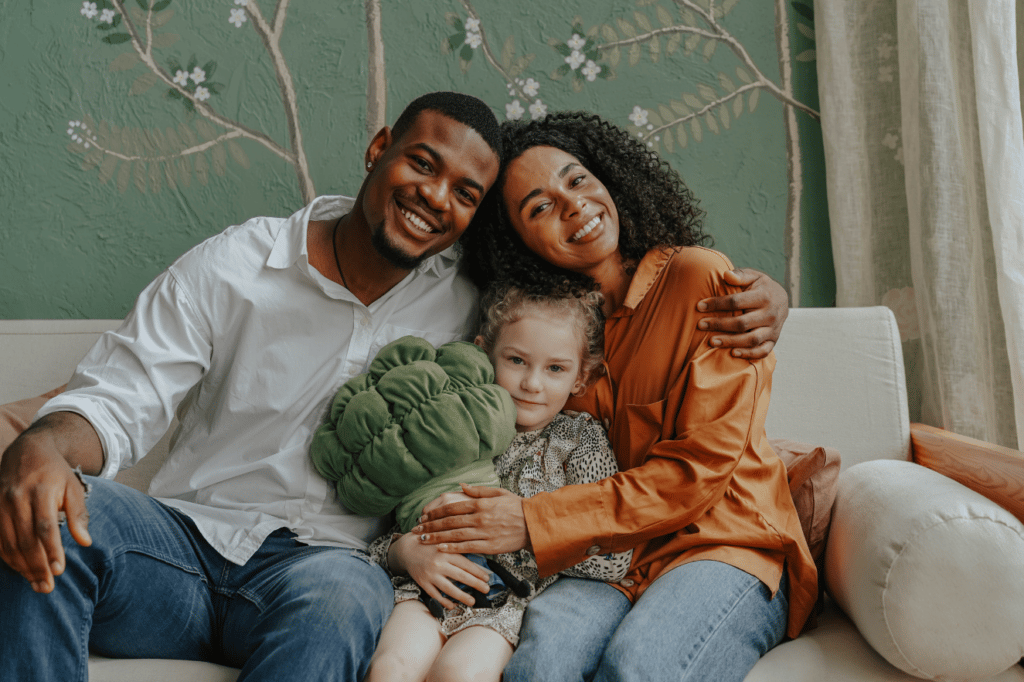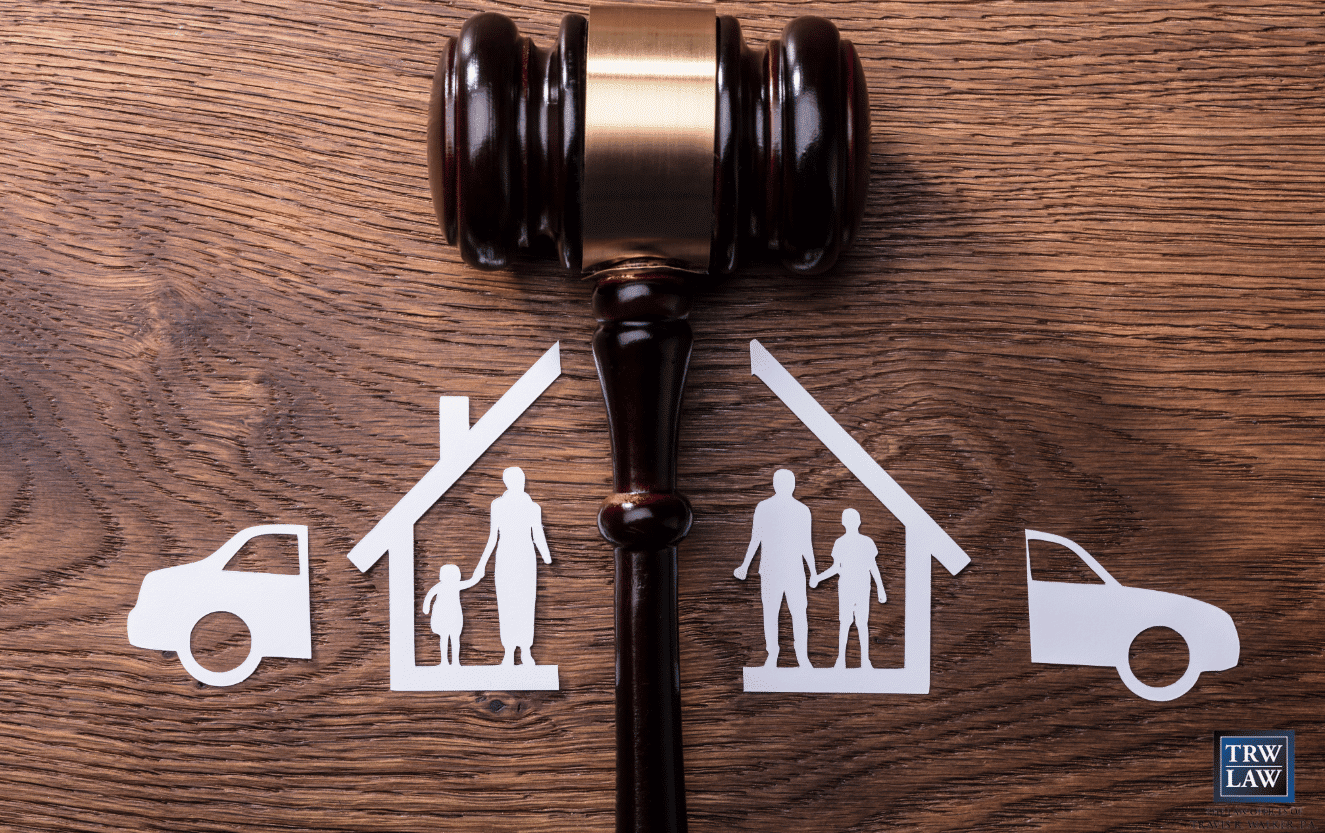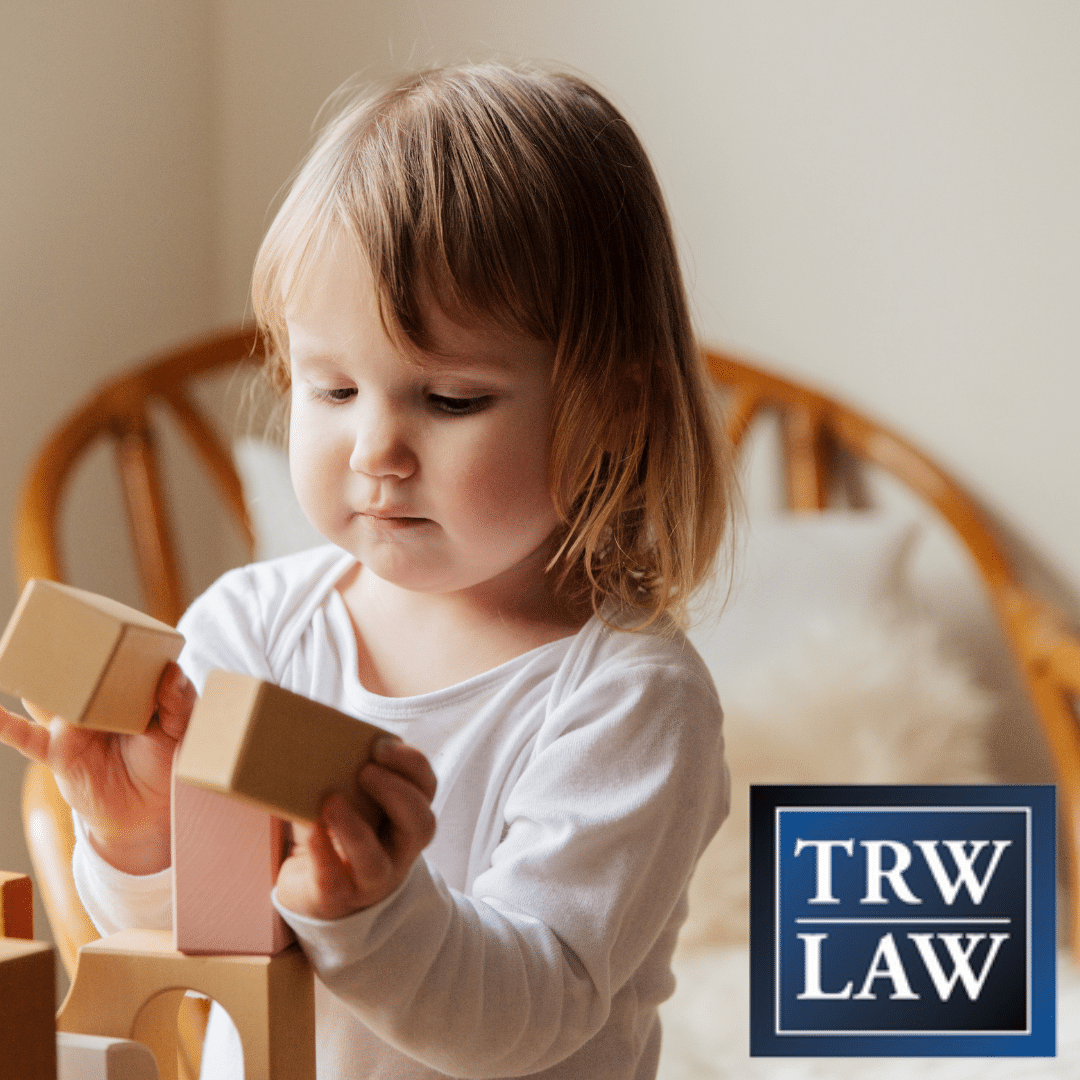Adoption is a fantastic thing, but the adoption process can be challenging. While it can bring joy and meaning to a family’s life, it can also be frustrating and overwhelming. If you’re interested in adopting a baby in Florida, here is a guide to help you better understand the process.
- Determine whether adoption is the right choice for your family. Make sure you and your partner are on the same page and that you’ve worked through any feelings of grief over prior trauma like child loss or infertility before you decide to adopt.
- Educate yourself on the different types of adoptions and their requirements. In Florida, there are three types of adoption, and they vary in their specifics.
- Domestic adoption is the adoption of infants within Florida and across the nation through domestic adoption agencies.
- Foster care adoption has different requirements and complications than other types of adoption. Most children in Florida foster care are reunited with their biological families, but about 25 percent will become eligible for adoption.
- International adoption has requirements, restrictions, and costs that vary depending on the country you adopt. Adoptive families are required to meet U.S. adoption requirements as well.
- Choose a professional to work with you through the adoption process. Having the right guidance throughout the process is a big part of a smooth, successful adoption.
- Begin the process. There’s a lot of paperwork involved in an adoption, but there’s a lot more to it than that. A Florida adoption requires a home study, and prospective parents will need to create an adoptive family profile and take specific training courses. After all of the paperwork is complete and the family is approved to adopt, they become an “active waiting family.”
- Wait for an adoption opportunity. It can take up to 12 months, and adoption opportunities are affected by the adoptive family’s flexibility and openness to a wide range of prospective birth mothers.
- Finalize the adoption. While the birth father can give his consent to the adoption at any time, the birth mother cannot give consent until after the baby is born. Once this happens and the baby goes to the adoptive family, there are post-placement home visits before the local circuit court finalizes the adoption.
- Embrace the lifelong journey involved in adoption. Open adoptions are encouraged, but the level of communication and connection is up to the adoptive parents and birth mother; each family is unique.
At the Law Offices of Travis R. Walker, P.A., we understand that every adoption and family situation is different. If you’re looking for an experienced and knowledgeable adoption attorney, we will work with you to help you understand the adoption process and requirements, then guide you through the process.












